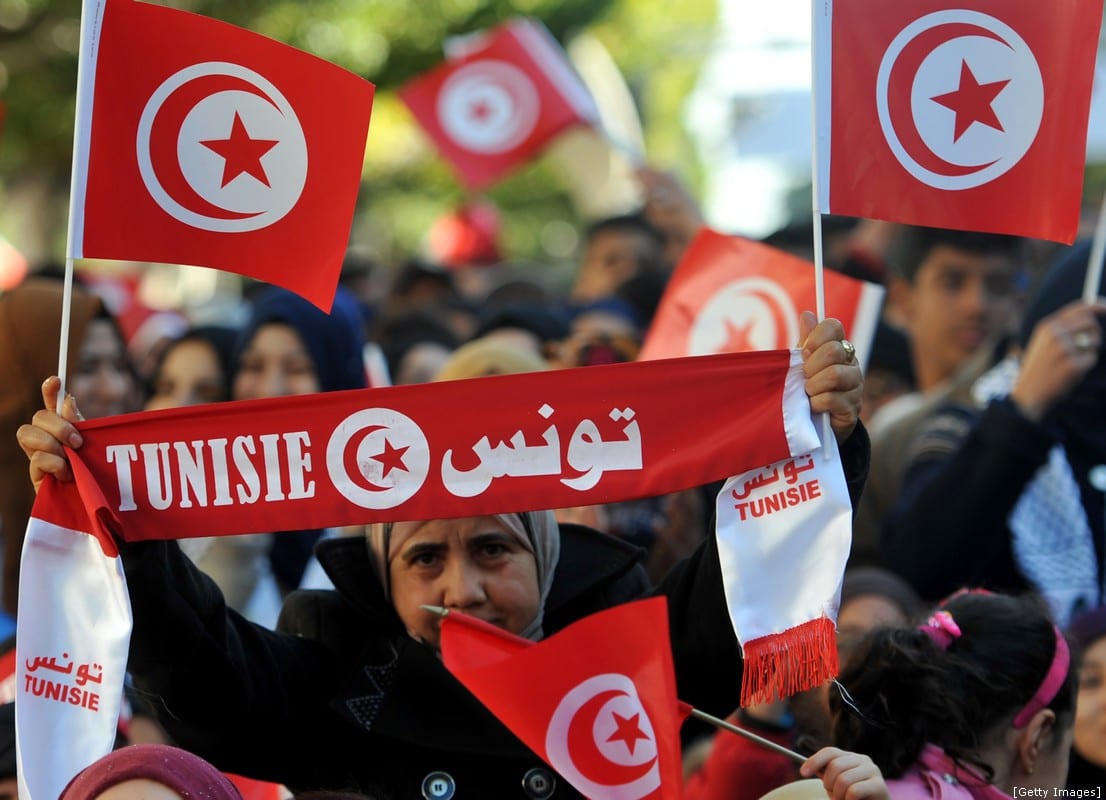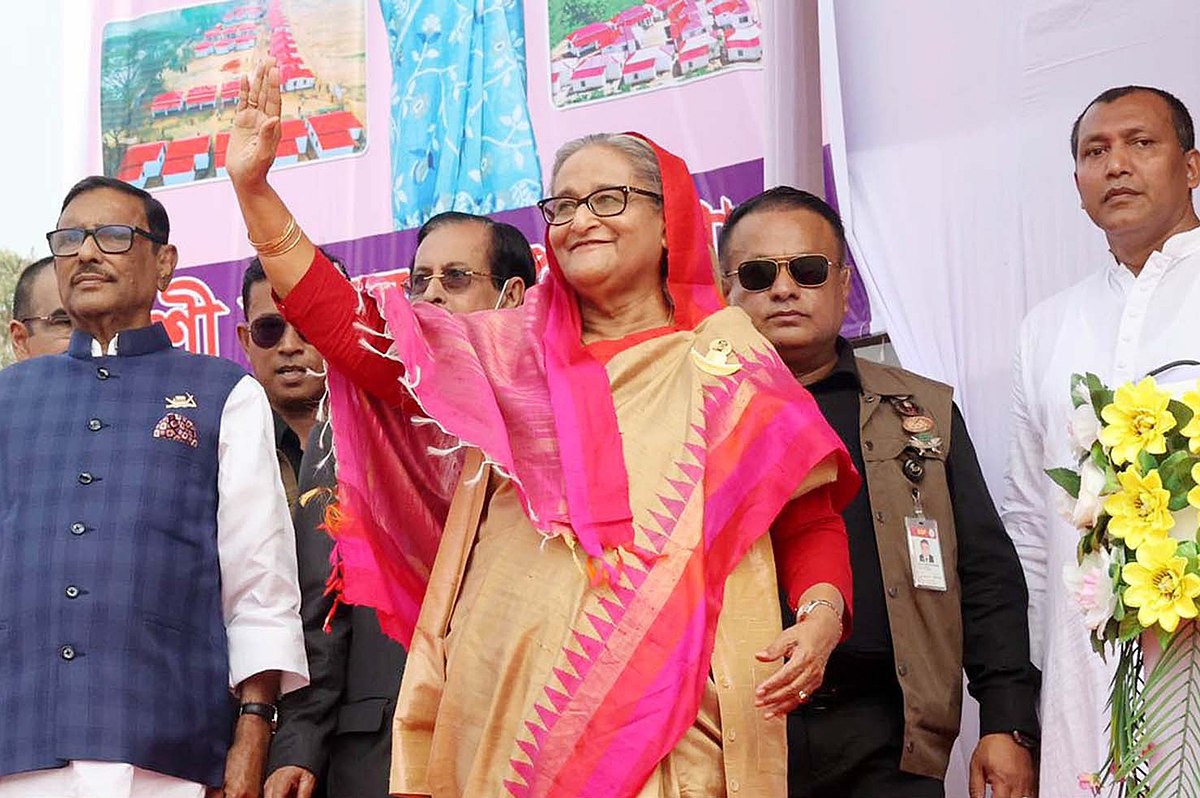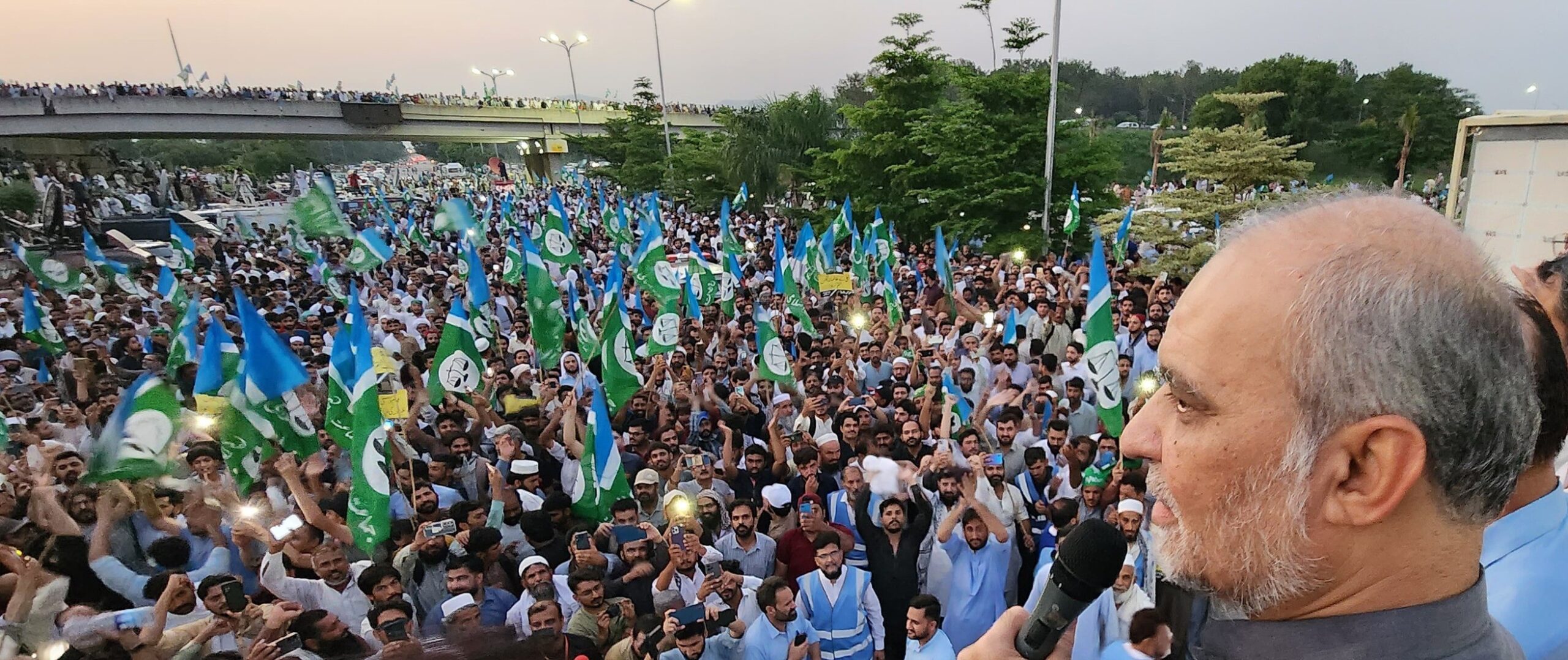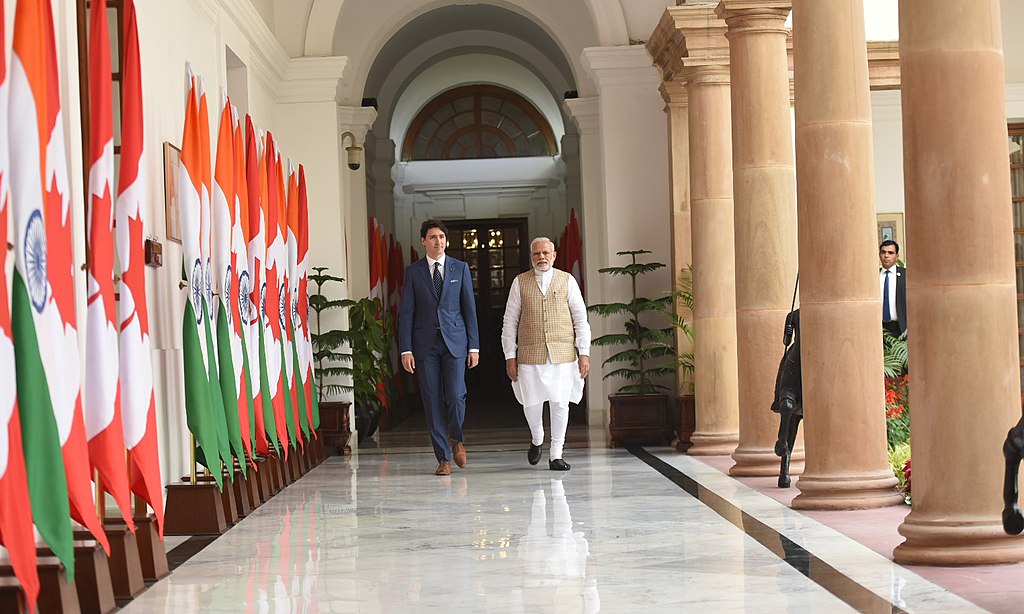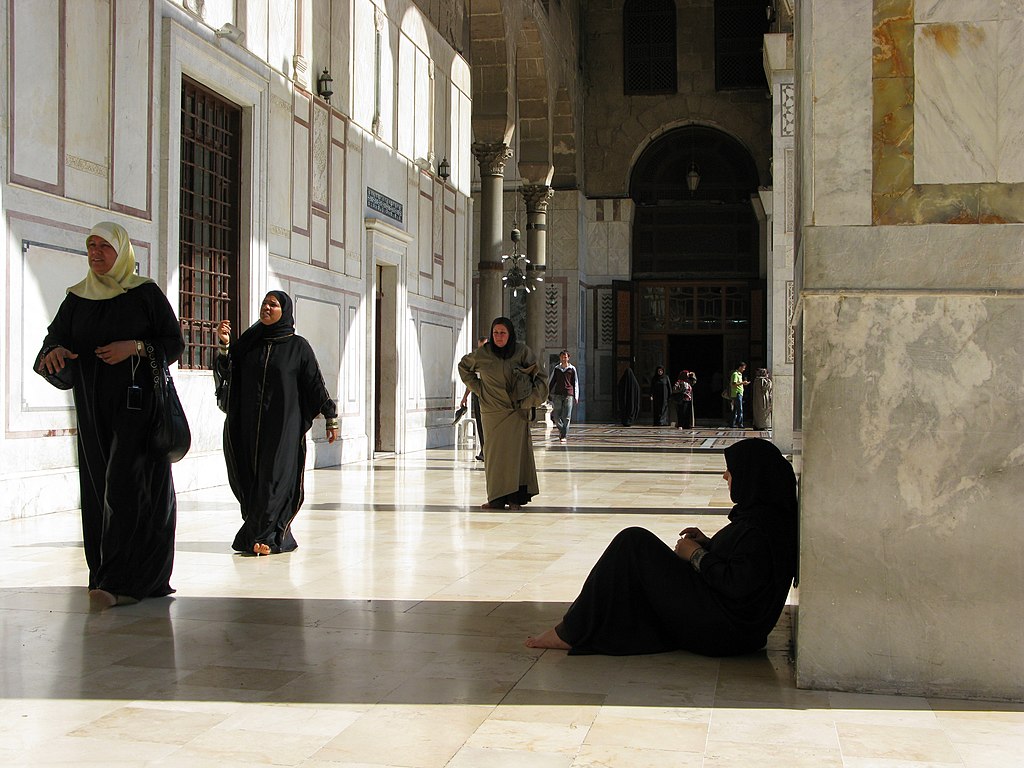Compiled by Hafiz Muhammad Abdullah
The world witnessed some major changes in the past five centuries particularly a little after the Fall of Granada. In the same period, Europe came out of its comfort zone and wildly attacked the civilised countries of the time to rob them of their resources and transfer these resources to their place.
This direct attack on Muslim East continued with the Crusades and control of the world trade. New geographical discoveries enriched Europe and it took this as an excuse to extend its colonialism.
The discovery of the New World was also an attempt to access the East especially Muslim India. There was a tough competition between European nations to capture resources of the newly discovered regions so they could put a heavy influence on Old World and their fellow nations.
What happened to North Africa (Tunisia, Algeria, Morocco and Libya) which were the first line of defence of the Muslim world and the base camp of European nations towards the East? This part of the history of the region is filled with some important incidents and events and one cannot understand the current situation of this region without understanding this part.
The Fall of Granada and the expulsion of the Muslims from Andalusia continued for almost a century. The armies of Spain and Portugal were destroying the coasts of North Africa continuously. The Muslim rulers of the region realised that they cannot stop a surge in Crusader attacks so they asked the Ottoman Caliphate for help. Tunisia and Algeria were saved from the clutches of vicious European colonialism with the help of military aid and interference from the Caliphate. Morocco also made a defence pact and this is how northern Africa became successful in damming the wave of European colonialism.
However, two cities of Morocco remained under the influence of the European powers.
The situation of North Africa improved somehow after Spain and Portugal got weakened and the government affairs were run by the locals. The Ottoman Caliphate patronised this new system.
After the French Revolution, Napoleon Bonaparte’s quest to conquer Europe and the whole world made Egypt and North Africa prey to the imperialistic intentions of France once again. The Industrial Revolution of the 19th Century made aggressive Europe even more powerful. Now the old French dream of conquering northern Africa was about to materialise. So Tunisia and Algeria remained under French occupation until 1881. Later on, European imperialism used different tactics to overpower Tunisia, Egypt and Algeria.
The Ottoman Empire also saw a bad time during this period.
After the Balkan War, a large part of North Africa fell to France. Algeria was in debt to France. These countries of North Africa were pushed into a long period of ferocity. Such a dark period it was in which there was an imperialistic invasion, the dominance of French civilisation, plans to distort the identity of Tunisia and Algeria and their geographic features.
When First World War started in 1914, the slave nations of North Africa were forced to fight. A large number of people from Algeria and Senegal were killed in this war. More than 80,000 Muslims of Tunisia sacrificed their lives while fighting for France.
When the war ended, victorious European powers introduced the mandate system of the League of Nations. This so-called system gave invading power a legal right to tighten the grip of imperialism over a slave nation and renew its shape of social life, political institutions and geography.
A system of internal autonomy was introduced after the mandate system. The aim was to keep the autocratic system with local faces. There were political institutions and political parties in Tunisia but they all were too much restricted in terms of power and authority.
The country was enslaved by France economically and culturally. This changed almost everything including the identity, creed, principles, traditions, civilisation, language and even the culture of Tunisia.
After World War II, Germany captured France sending back the country to its geographical boundaries. This strengthened the freedom movements in Algeria and Tunisia. Tunisia was freed on March 20, 1956. Habib Bourguiba became the president and he shaped the Tunisian society according to the desires of French authorities from the very beginning. Sharia courts were abolished and the French judicial system was imposed. Courts started awarding capital punishments to the opponents of Bourguiba. In 1962, fasting was banned in the country. Bourguiba also tried to stop Tunisians from making a pilgrimage (Hajj). Bourguiba’s 30-year long dictatorship ended as a result of the people’s revolution known as Tunisian “Bread Riots”. But still, after this revolution, Tunisia couldn’t get rid of the French influence as the new ruler Bin Ali was an exact replica of Bourguiba.
Tunisia had a new constitution following the Arab Spring of 2011. It looked like that the country has entered a new democratic era under the new system but the recent steps of President Kais Saied showed that “a new Bourguiba” has been imposed on Tunisia who wants to push the country back into French colonialism once again.
Although it is being debated in Tunisia whether the presidential action was a revolt or a step in the right direction? However, it is heard that the president of the United State’s National Security Council has asked to establish a new government and restore the parliament. In other words, the western masters have given a message to the president that you did well by imposing an emergency but we were not expecting your success.
An interesting incident also happened in Tunisia’s presidential palace while the country was still in a state of emergency. A group the US journalists who were on a trip to Tunisia were arrested and made “state guests”. The president tried to convince them that he was not a dictator. He has been citing the excerpts from the US constitution in the French language to the guests. When journalists tried to ask some questions from the president, they were made to leave with “good wishes”.
Probably those “presidential guests” wanted to ask their host the same questions which are being asked by every common man in the country. Has France really relinquished it control on Tunisia or we are only enjoying the illusion of freedom?

